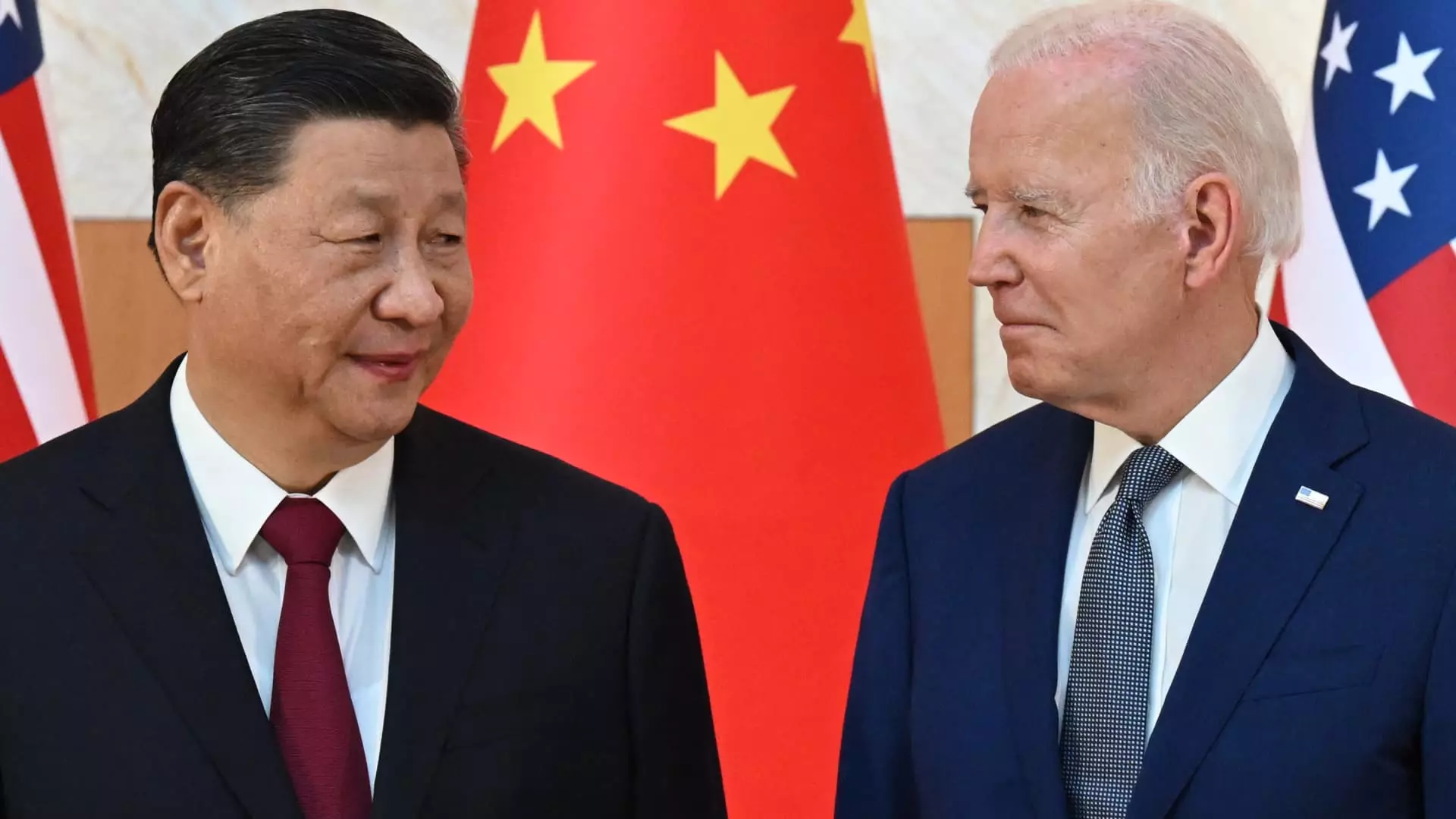President Joe Biden is taking a firm stance on China’s trade practices by calling for a significant increase in the tariff rate on steel and aluminum imports. His demand to triple the current 7.5% average tariff aims to address concerns about Chinese subsidies leading to an oversupply of clean energy products like solar panels and electric vehicles. The visit to the United Steelworkers headquarters in Pittsburgh underlines the administration’s commitment to protecting American industries.
Despite the warnings from Treasury Secretary Janet Yellen regarding Chinese subsidies and overcapacity, Chinese officials have denied the accusations. They argue that the abundance of clean energy products is a result of constant innovation rather than government subsidies. This denial from China highlights the ongoing tension between the two countries over trade practices and competition in global markets.
The Biden administration, led by National Economic Council Director Lael Brainard, sees China’s policy-driven overcapacity as a serious threat to the American steel and aluminum industry. The administration is determined to address the issue through tariff hikes to prevent China from dominating global trade with unfair practices that could harm domestic industries. The decision to escalate tariffs demonstrates a strong commitment to protecting American jobs and industries.
Biden’s push to increase tariffs on Chinese imports comes at a critical time when the U.S. economy is facing challenges such as inflation and the need to deliver on economic promises to voters. While tariffs may have unintended consequences such as higher manufacturing costs and consumer prices, the administration is adamant that the actions will not significantly impact inflation. The delicate balance between economic stability and political priorities underscores the complexity of trade policies in a globalized world.
As Biden navigates his stance on China, he is also mindful of the upcoming election and the need to appeal to blue-collar workers. His opposition to the proposed sale of U.S. Steel to Japan’s Nippon Steel reinforces his commitment to maintaining American ownership of key industries. By emphasizing the importance of domestically owned and operated companies, Biden aims to secure support from voters who prioritize national interests and economic autonomy.
President Biden’s proposed tariff hike on steel and aluminum imports from China reflects his administration’s determination to address unfair trade practices and protect American industries. The response from China and the potential economic implications highlight the challenges of balancing political priorities with economic stability. As the global trade landscape evolves, the decisions made by the Biden administration will shape the future of U.S.-China relations and the competitiveness of American industries.

Leave a Reply